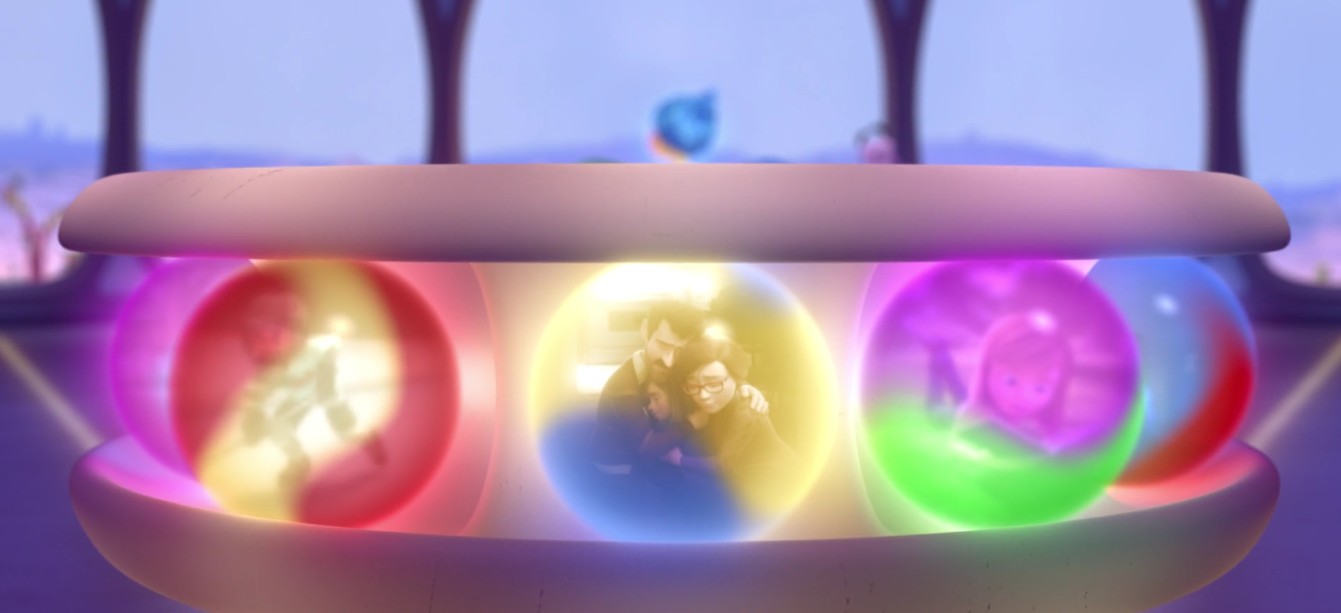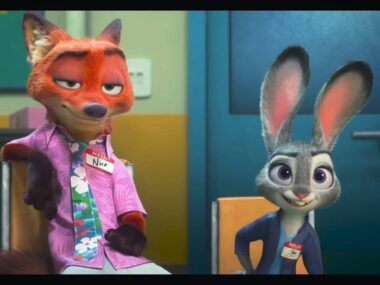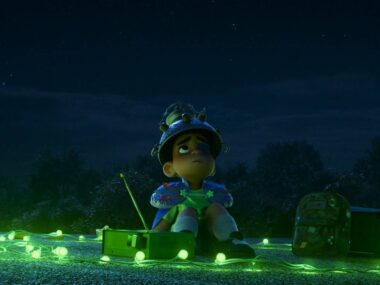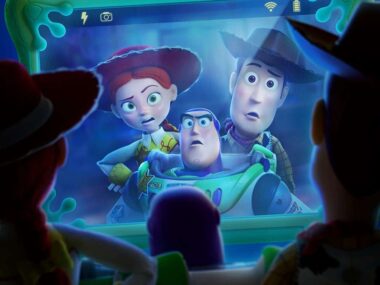One of Inside Out’s greatest strengths is how simply and clearly it shows the impact of emotions on our daily lives. The Disney/Pixar film presents emotions as anthropomorphic characters who control their host’s emotional responses, shaping behavior in the process.
The Move to San Francisco
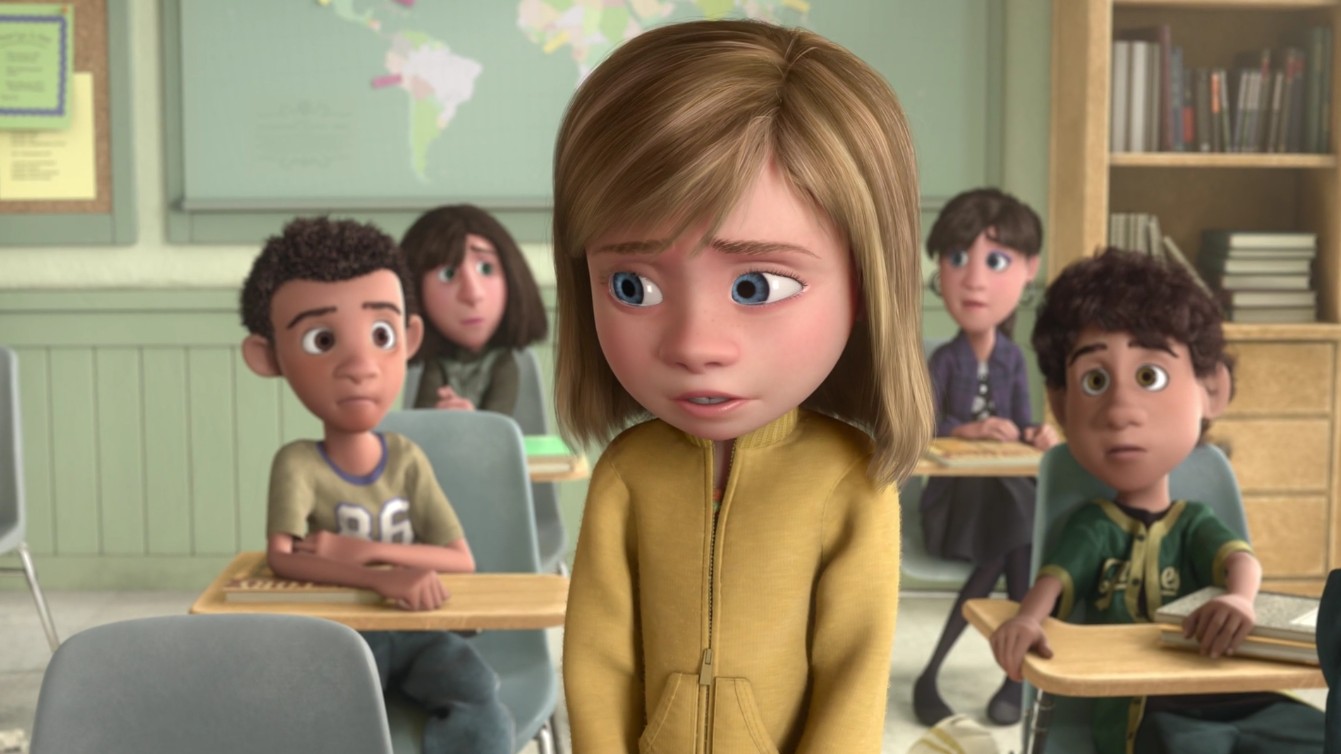
Inside Out follows 11-year-old Riley Anderson through her emotions: Joy, Sadness, Anger, Disgust, and Fear. Joy is determined to keep Riley happy all the time, but things take a turn after the Anderson family moves from Minnesota to San Francisco.
At first, Riley is excited about the move, but things quickly fall apart once they arrive.
- The new house needs a lot of work.
- The moving van goes to Texas instead of California, forcing Riley to sleep on the floor.
- Riley’s dad has to work on their first day in the city.
- Even worse, the pizza they order comes with broccoli, much to Riley’s disgust.
As Riley struggles to adjust to her new surroundings, keeping her happy becomes increasingly difficult.
How Suppressing Sadness Leads to Depression
Meanwhile, Sadness feels more miserable than ever, unsure of her purpose. Her touch turns happy memories into sad ones, and although she feels an urge to interact with certain memories, especially those tied to Riley’s life in Minnesota, she doesn’t know why.
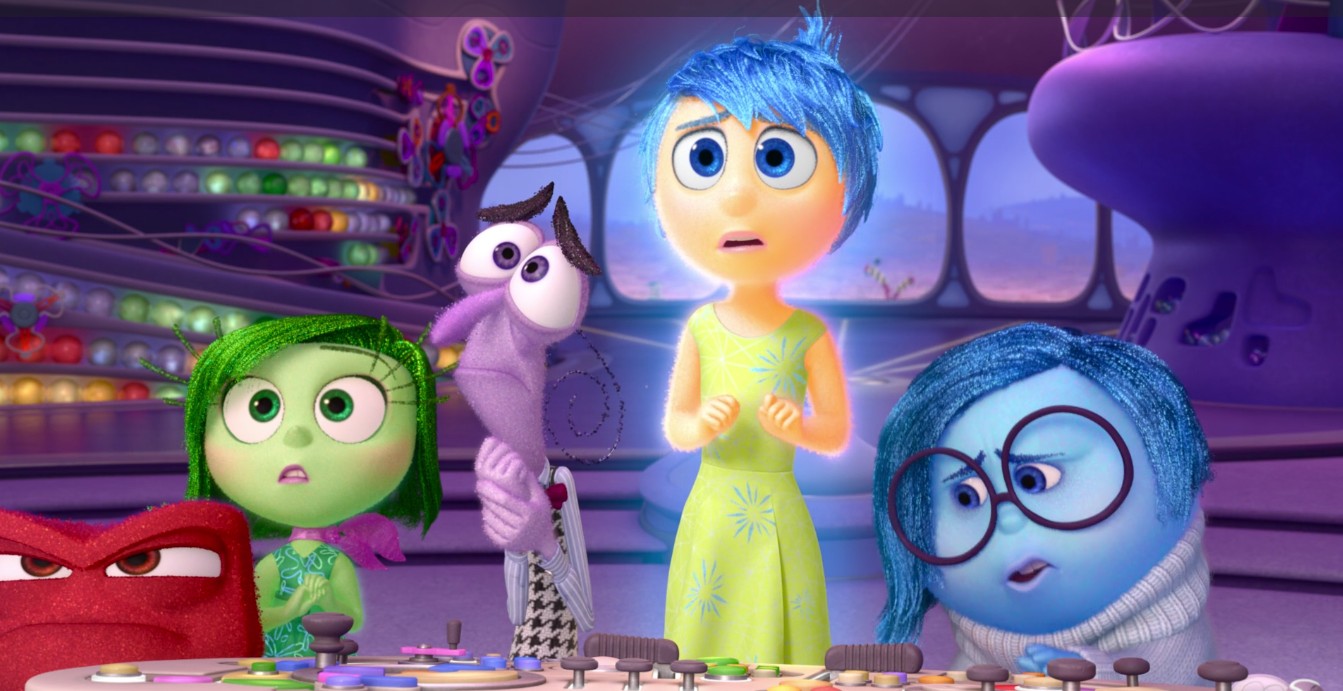
Throughout the film, Joy is determined to keep Riley happy, genuinely believing that suppressing Sadness will help her cope with the move. Though well-intentioned, Joy’s toxic positivity ends up doing more harm than good.
- By preventing Sadness from expressing itself, Riley loses the ability to cope with negative experiences. This makes it even harder for her to adapt to her new life in San Francisco.
- When Riley has a nightmare, Joy tries to replace it with a happy memory, but this backfires. The dream reminds Riley of how much happier she was in Minnesota, making her even more miserable in California.
- As the situation worsens, Riley falls into a deep depression and begins distancing herself from her friends and family.
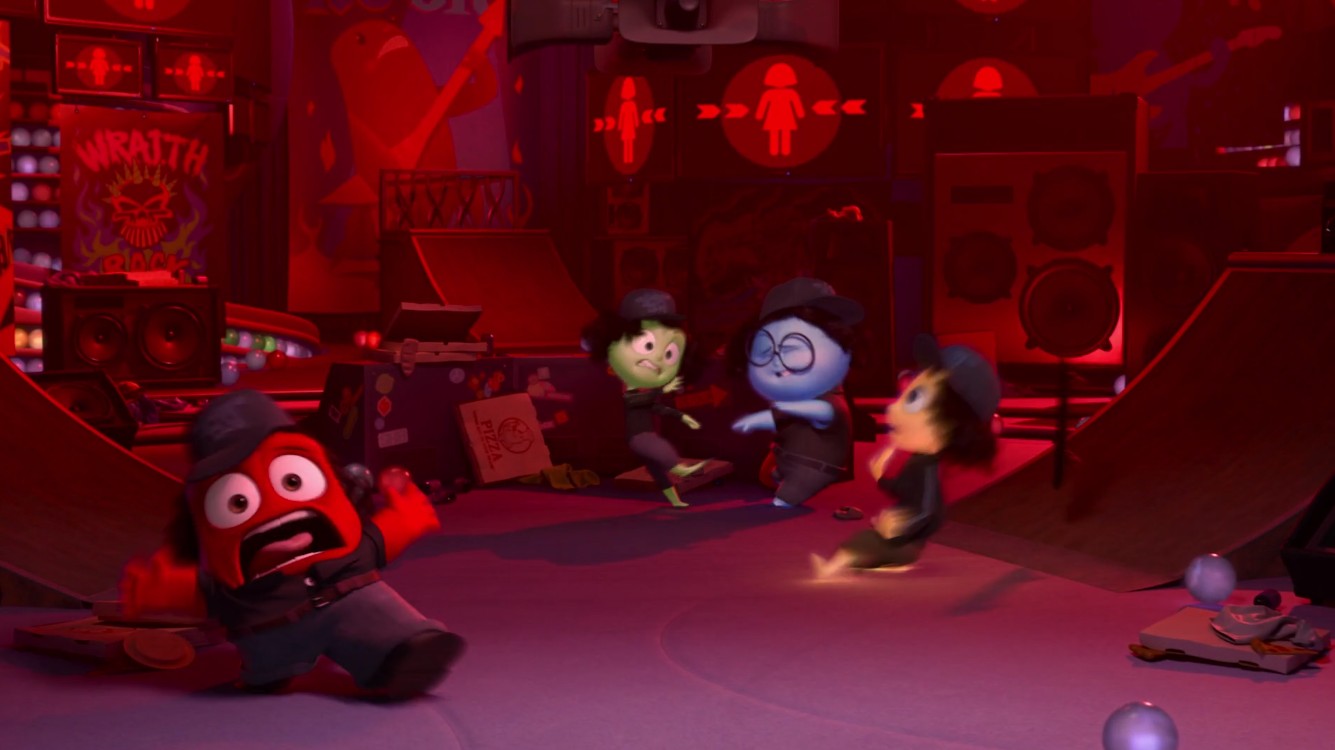
When Anger, Disgust, and Fear become the dominant emotions, none of them know how to stabilize her. Things take a drastic turn when Anger gives Riley the idea to run away from home and return to Minnesota.
- This dangerous idea pushes Riley to her breaking point, as she becomes emotionally detached and loses the ability to feel anything.
- The other emotions are locked out of the console, and running away becomes Riley’s sole focus.
The Joy in Sadness
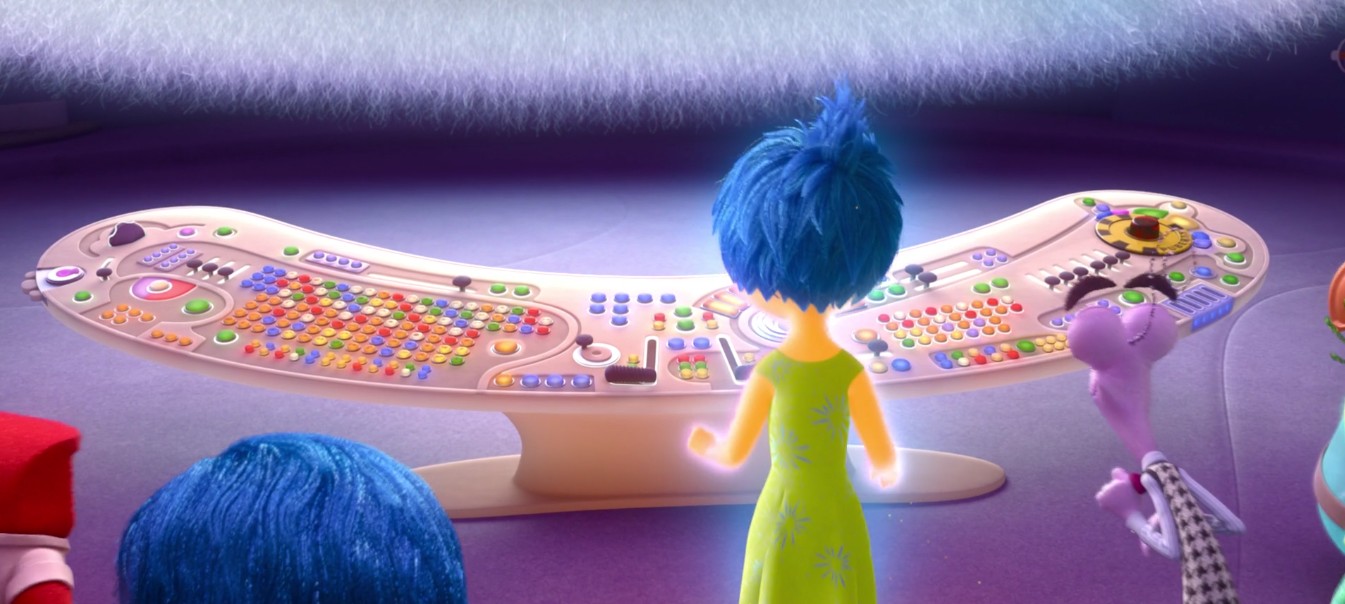
Thankfully, by the end of the film, Joy realizes the essential role Sadness plays in Riley’s emotional health:
- Sadness’s purpose is to signal when something is wrong and when Riley needs support.
- She helps Riley process difficult emotions and allows others to understand her need for comfort.
When Sadness is finally allowed to use the control console, she pulls Riley out of her downward spiral, prompting her to return home.
- Riley opens up to her parents about how difficult the move has been, with Sadness helping her express her vulnerability.
- This moment allows her parents to understand her struggles, strengthening their bond.
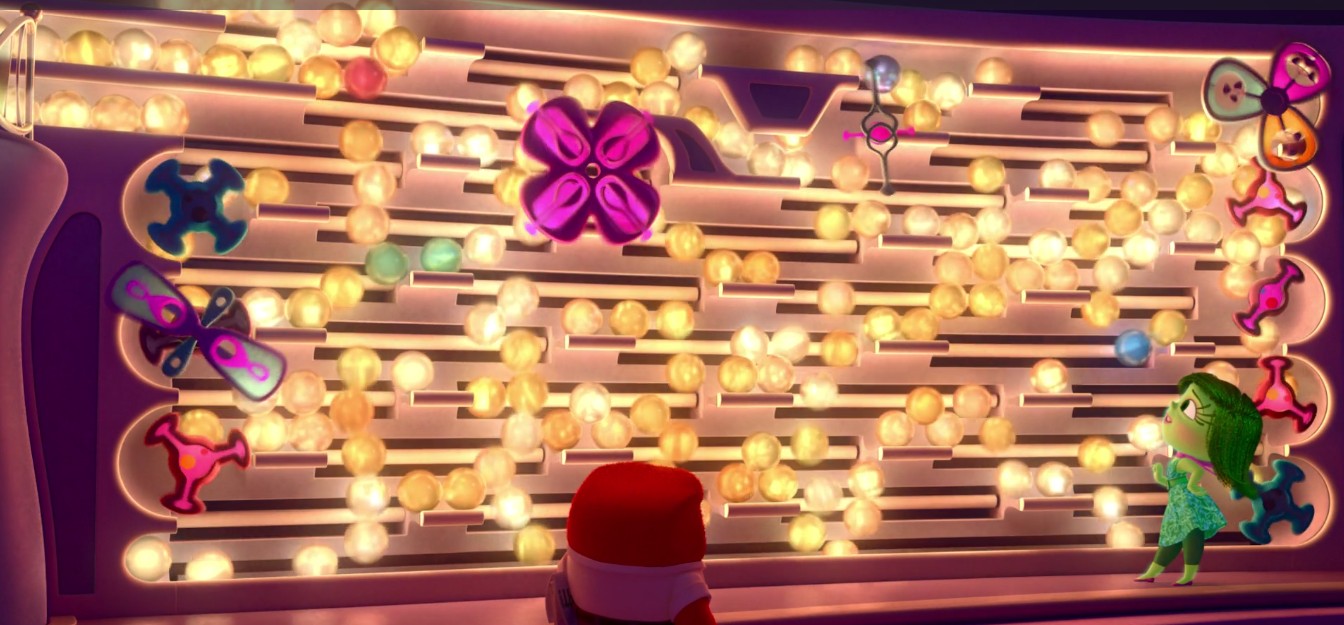
Throughout the movie, Joy tries too hard to suppress the “negative” emotions, thinking Riley must be happy all the time. Suppressing emotions only causes them to resurface in unhealthy ways.
In life, constantly being joyful is toxic, especially when facing grief, loss, or disappointment. Inside Out teaches us that all emotions, both positive and negative, are essential in shaping who we are.
